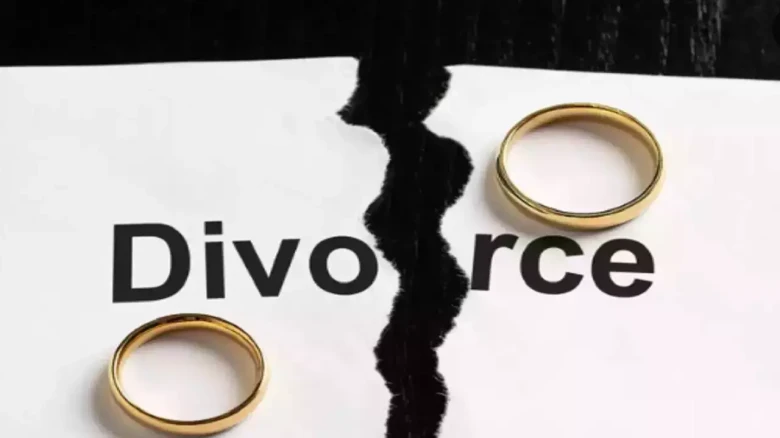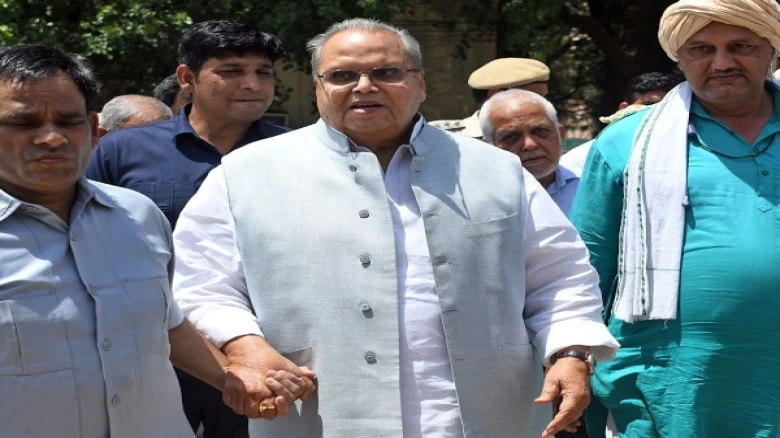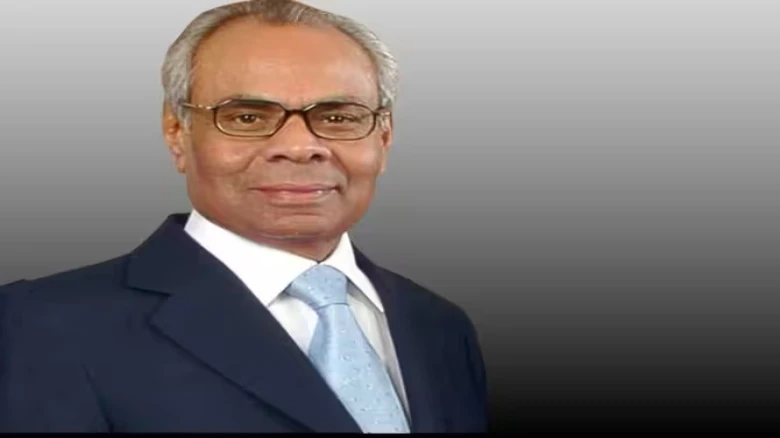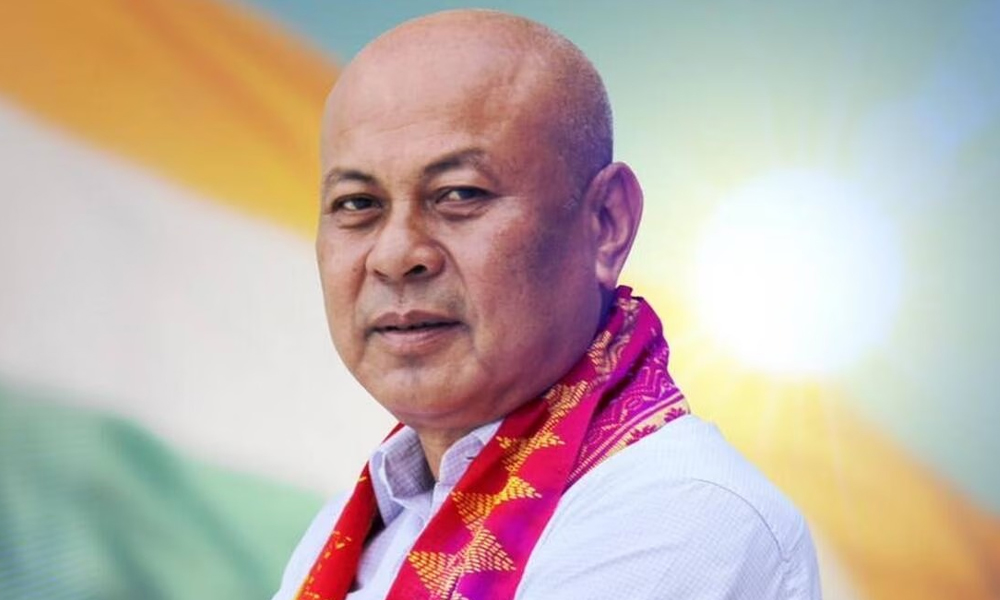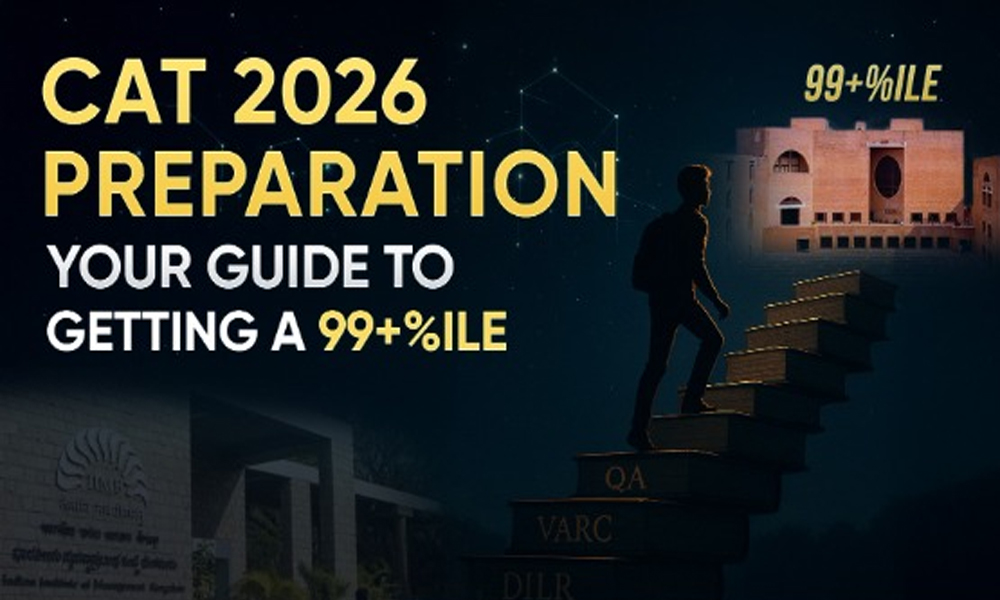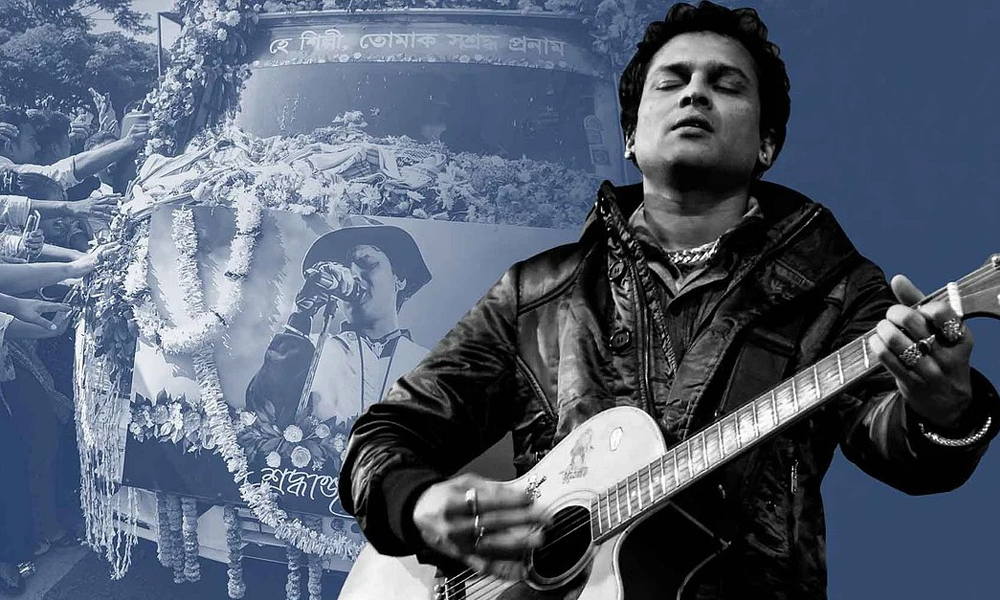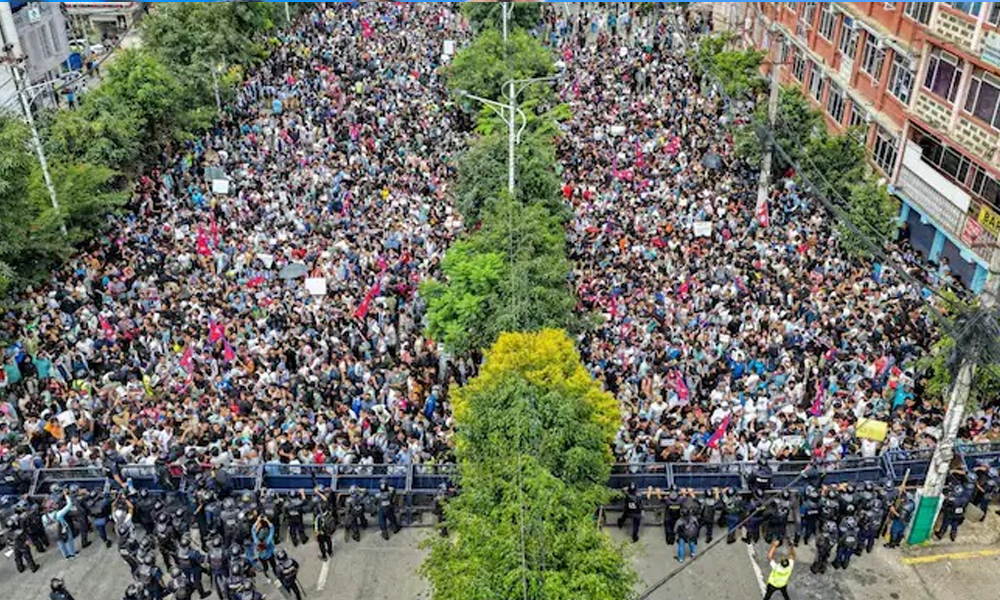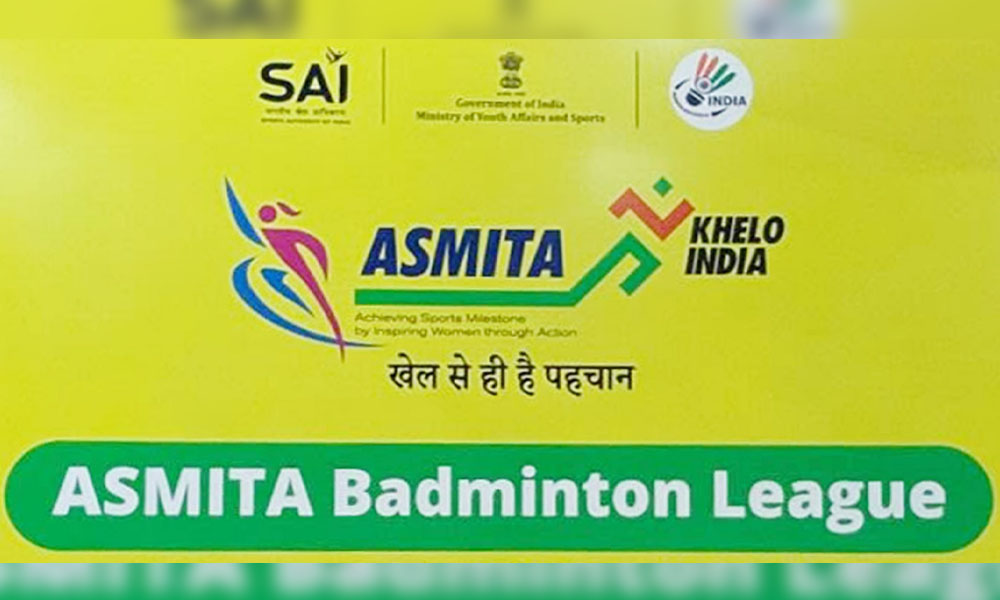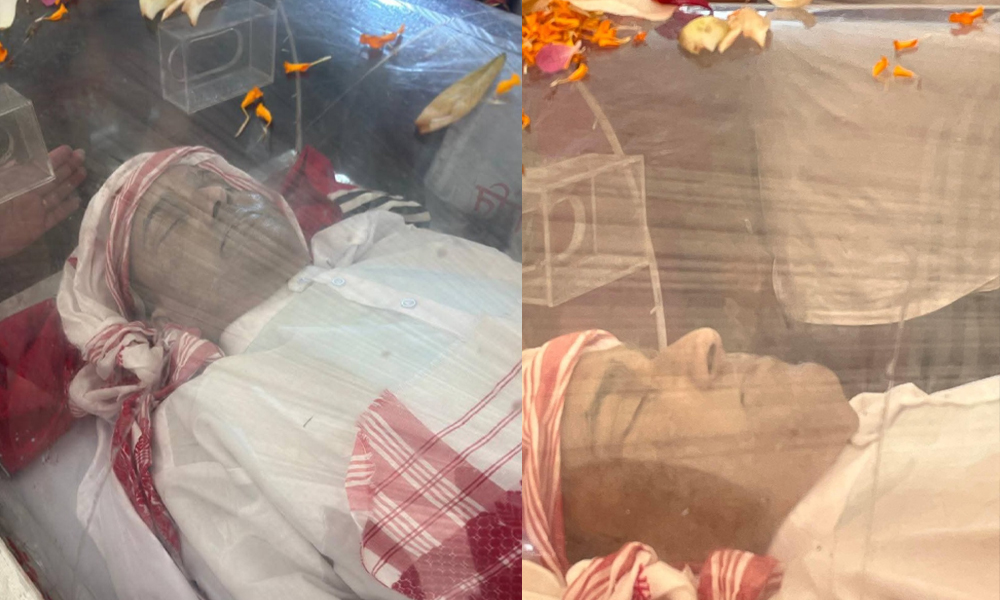The top court stated earlier this month that it can use its authority under Article 142(1) of the Constitution to give a divorce on the grounds of "irretrievable breakdown"...
Digital Desk: The Supreme Court of India has asserted that lover marriages are the main reason for the majority of divorces in India.
A transfer petition resulting from a marriage conflict was being heard by the Supreme Court's two-judge bench of BR Gavai and Sanjay Karol. The lawyer told the judge that the union was a union of convenience. According to Bar & Bench, Justice Gavai said, "Most divorces are arising from love marriages only."
Finally, the Bench demanded that the pair engage in mediation.
The top court stated earlier this month that it can use its authority under Article 142(1) of the Constitution to give a divorce on the grounds of "irretrievable breakdown" of a marriage, regardless of whether the parties agree to it or not.
According to a five-judge constitution bench led by Justice S K Kaul, it is apparent that the supreme court should be fully persuaded and satisfied that marriage is "totally unworkable, emotionally dead, and beyond salvation" and that, as a result, dissolution of marriage is the best course of action.
The factual determination and firm establishment of the court's claim that the marriage has irretrievably broken down will depend on a number of factors, including the length of time the parties had lived together after getting married, the date on which they had last cohabited, and the nature of the accusations made by the parties against one another and their families.
The court added that there were additional elements that needed to be taken into consideration, including orders made periodically during legal proceedings, the cumulative effect on the relationship, whether and how many attempts were made to resolve the disputes through court intervention or mediation, and the timing of those attempts.
The top court has the discretion to dissolve a marriage on the grounds of "irretrievable breakdown" in the exercise of its plenary power under Article 142 (1) of the Constitution and can grant a divorce by mutual consent while forgoing the six-month waiting period required by the Hindu Marriage Act, 1955. The bench made these observations in its ruling, which held that.

